
Financial Care for Life > Having Your First Child
Having Your First Child
Financially Preparing for Parenthood
The excitement of becoming a new parent also brings with it some very unique financial challenges. After all, raising a child can come with a big price tag. According to the U.S. Department of Agriculture, a middle-income couple can expect to spend an average of $233,610 from birth to the age of 17. The more financial decisions you work out ahead of time, the more you’ll enjoy parenthood and reduce the stress of the added expenses. Here are a few important considerations as you plan for the big day.
Adding a Guardian and Trustee to Your Estate Documents
As a new parent, it’s important you have peace of mind in the case someone else is needed to raise your child. While the likelihood may seem slim, the consequences of not naming a guardian and trustee are great.
When choosing a guardian, the top factor to consider is who is the best person that will love and raise your child in a manner that you would. This would include religious beliefs, parenting style, interest in extracurricular activities, energy level, and whether or not he or she has children already. Keep in mind that a guardian will provide day-to-day love, care, and support for your child. While the guardian you choose may be great with your children, he or she may not be great with money. For this reason, it may make sense to place the financial management of your minor child’s funds in the hands of someone else.
The trustee is the financially empowered individual in your child’s life. Your trustee pays bills for your child, files any income tax returns due, invests left-over money and, ultimately, may (or may not) distribute the remaining funds to your child at some time. And unlike guardianship, the court tends to have limited authority over your choice of trustee.
Evaluating Insurance Needs
This is more of a financial planning task than a legal one, but it's good to address when you're thinking about taking care of your kids. Buying a life insurance policy that would replace your earnings for a few years is a great way to ensure that if you or the other parent died unexpectedly, the survivor would quickly have access to cash to help support the family. Term life insurance, which stays in effect for a set number of years, is often a good choice for young parents. If you're reasonably young and healthy, term insurance is cheap. You can shop for the best bargains online; several free services compare rates of many different companies.
Developing a College Savings Strategy Plan
The price of a college education continues to increase. By setting up a college fund when your child is young, you can maximize the amount saved by the time they’re ready for college. Consider monthly contributions into college savings plans such as Coverdell Education Savings Account (CESA), a 529 plan or Series EE or Series I savings bonds. An UTMA custodial account could also be used to save for college. Saving for your child’s education can be a daunting task. The KIG Team can help you identify which types of plans will work for your family.
Defining a Budget and Savings Strategy
The first steps to defining your budget and savings strategy is to firmly understand where your dollars are going, eliminate unneeded expenses and make adjustments where needed. Prioritization is key so you’re spending money on what’s most important and avoiding the unnecessary expenditures. Having a baby changes both your life and your budget. This is the time to begin thinking of your immediate expenses (diapers, baby food, etc.) as well as the large one-time expenses and impacts (the hospital bill, maternity and paternity leave, baby items, etc.)
Unplanned expenses are going to occur. There’s no avoiding them so it’s important you have a savings strategy in place. Now is the time to set some savings aside for emergencies and must-need unplanned purchases, as well as long-term investments such as a college education. Whether it’s creating a children’s savings account, opening a 529 college savings or prepaid tuition plan, using a Roth IRA, establishing a health savings account or custodial account or setting aside money in a trust fund, the KIG Team can help with tools and advice to ensure you're optimally saving. It’s never too early to save.
The information presented here is not specific to any individual's personal circumstances.
To the extent that this material concerns tax matters, it is not intended or written to be used, and cannot be used, by a taxpayer for the purpose of avoiding penalties that may be imposed by law. Each taxpayer should seek independent advice from a tax professional based on his or her individual circumstances.
These materials are provided for general information and educational purposes based upon publicly available information from sources believed to be reliable — we cannot assure the accuracy or completeness of these materials. The information in these materials may change at any time and without notice.





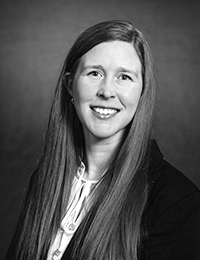 Maggie Slivinski
Maggie Slivinski Steve Corbo
Steve Corbo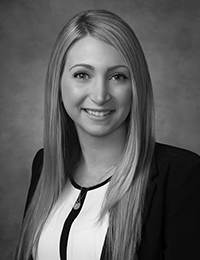 Alexandra Rao
Alexandra Rao Alexa Comey
Alexa Comey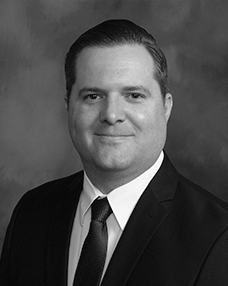 Gene Donato
Gene Donato Jack W. Kennedy III, CFP®, AAMS®
Jack W. Kennedy III, CFP®, AAMS® Henry (Hank) J. Schroeder, CFP®
Henry (Hank) J. Schroeder, CFP®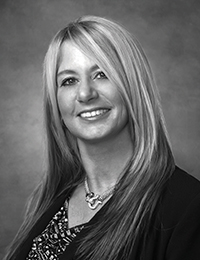 Diane Gallagher
Diane Gallagher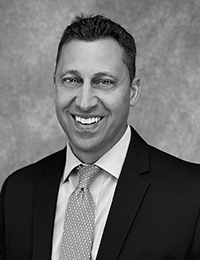 Scott Bernstiel
Scott Bernstiel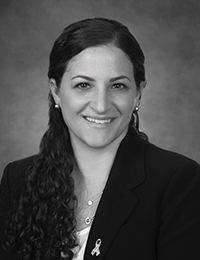 Chrissy Carpenter
Chrissy Carpenter David Strout
David Strout Keith R. Hering AAMS®, CRPS®, CIMA®
Keith R. Hering AAMS®, CRPS®, CIMA®  Marjorie Onuwa
Marjorie Onuwa